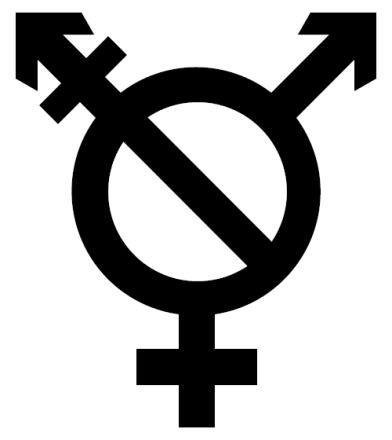This post is written by Anwen Muston and Natacha Kennedy

Transgender people are persecuted in many countries in the world, sometimes by the state but more often by individuals and vigilantes as a direct result of discrimination and social exclusion. The most effective way to tackle this is to encourage more trans politicians to stand for election and fight for equality.
To our knowledge there have never been any trans persons elected to parliament or any appointed to the House of Lords, although there has been some success at a local level. In 2002 Liberal Democrat Jenny Bailey became a Cambridge city councillor, becoming the first transgender mayor in the country in 2007-2008. The last openly trans elected representative in the UK was also a Cambridge Lib Dem named Sarah Brown, who served as councillor from 2010 to 2014.
Finding trans role models has been difficult because of the cultural exclusion and historical erasure of trans people, and in particular the fetishisation of trans women. But political figures from any minority community are seen as positive role models, so why not the transgender community?
This year Labour had three openly transgender candidates who put themselves forward in local elections. Two were selected; the other person was not selected by her ward as she was seen as a ‘high risk’ candidate by grassroots members because she was transgender. This is worrying news, especially with a close-run election to come in 2015, as it’s much more likely that ‘safe’ candidates will be chosen to appeal to the highest number of voters.
Generally speaking, political parties could do a lot more to encourage transgender people to stand for public office. For example, reaching out to key trans left-wing sympathisers like Paris Lees. At the moment, trans people can be put off by a lack of trust in politicians; the risk of discrimination; perceived cliques and narrow-mindedness of politicians towards minorities. Not to mention the negative media coverage and unfavourable experiences of other trans people who do engage with mainstream politics.
Political parties, especially Labour, are making positive steps to develop talented individuals from under-represented groups (such as non-white, female and disabled candidates), and provide grants to people unable to sustain the costs of candidacy for parliamentary elections. However, more should be done to include transgender candidates who are far more underrepresented in Westminster than any other group and face significant financial barriers as many are unemployed.
Whether policy or legislation, politicians at all levels make choices that affect our daily lives. Other minority groups have already benefited from engaging with the political system, so if trans people were more engaged with party political movements then they could help politicians make more informed decisions.
There is already an energetic trans activist movement here in the UK, such as organisations like www.gires.org.uk and www.tiac.lgbt, while All About Trans and Trans Media Watch campaign to change the way trans people are represented in the media. Meanwhile, other groups organise political actions on a more ad-hoc basis via social media. There have been demonstrations outside the Guardian offices about Julie Burchill’s transphobic article; outside a Stonewall awards ceremony due to the gay campaigning group’s inclusion of a transphobic journalist; and outside the Danish Embassy in support of a Guatamalan refugee who was about to be deported from Copenhagen to certain death in Tegucigalpa.
A few years ago trans people could not have imagined that trans candidates would ever be elected to government; that a trans woman would play in a World Cup qualifier; that a trans TV star would be on the cover of Time magazine; that a trans women would become well-known for inventing the new single computer chip at IBM; or that a trans woman would become celebrated around the world for exposing the abuses of the US secret service.
We’ve come so far already, but if we’re serious about social justice in this country, politicians need to tap into the vibrant trans community, listen, learn, empower and make the UK a leader in transgender representation.
This article originally appeared in the Fabian and Compass collection ‘Riding the New Wave: Feminism and the Labour Party’ edited by Anya Pearson and Rosie Rogers. It is available to read online here.




More from LabourList
‘The hope that kills you’: Reflections from the final day in Gorton and Denton
MPs, union leaders and organisations react to ‘bruising’ Gorton and Denton result
A gory night for Labour